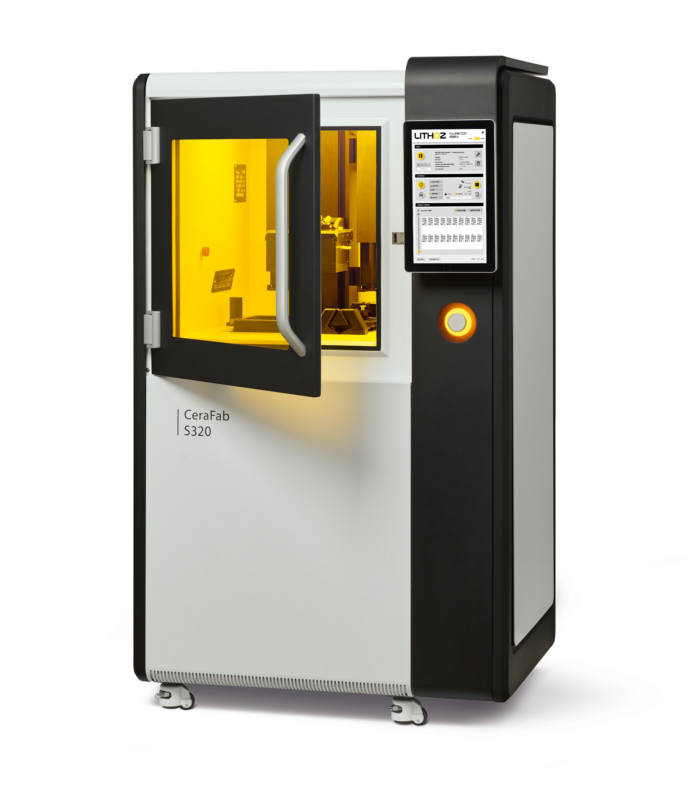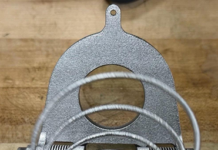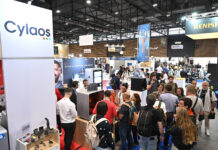These membranes would be able to reduce energy use by 80%, increase output fivefold, and recycle 80% more water.
Remember Evove, the UK-based company that is on a mission to reduce the cost and environmental impact of the filtration and separation of fluids in a variety of sectors? We knew the company was relying on AM to manufacture its filter membranes, but we didn’t know which process to use until today. 3D printer manufacturer Lithoz revealed that the company relies on its lithography-based ceramic manufacturing (LCM) solution to produce the Separonics™ filter membranes.
This application enables us to discover LCM in another industry, and to discover how it addresses a challenge that other materials could not overcome. As a matter of fact, according to Lithoz, this would be its largest application ever manufactured today. With a final length of 1 meter, the complete filter module uses 20 filter membrane segments, each with a diameter of 10cm and measuring 5cm in height.
The LCM technology helped to deliver a uniform pore size and distribution for optimal water recycling applications. Lithoz technology lived up to the promise of AM as it ensured the manufacture of complex geometries while saving time and costs.
Unlike other materials, the reliance on ceramics makes the filters strong enough to withstand high temperatures, aggressive chemicals, and physical wear compared to traditional materials like polymers. As a result, these alumina membranes last longer and require less maintenance, making them ideal for the demanding filtration environments involved when reusing industrial discharge and extracting lithium, Lithoz explains.
The membranes have been produced with the newest and largest 3D printer in Lithoz’s portfolio: the CeraFab System S320. With a build platform of 246 x 130 mm, and a resolution of 60 µm, this 3D printer is powered by a 4K projection system.
“Water touches 60% of global GDP, and the ability to recycle even the most challenging of feeds is a lynchpin of the circular economy and decarbonization. Ceramic materials offer great advantages but, until now, have suffered from the high cost of manufacture and susceptibility to random filtration performances. With Lithoz 3D printing technology, it’s proven that we can precision engineer and manufacture cost-effectively at scale,” Andrew Walker, Evove CCO states.
Remember, you can post free-of-charge job opportunities in the AM Industry on 3D ADEPT Media or look for a job via our job board. Make sure to follow us on our social networks and subscribe to our weekly newsletter: Facebook, Twitter, LinkedIn & Instagram! If you want to be featured in the next issue of our digital magazine or if you hear a story that needs to be heard, make sure to send it to contact@3dadept.com.






